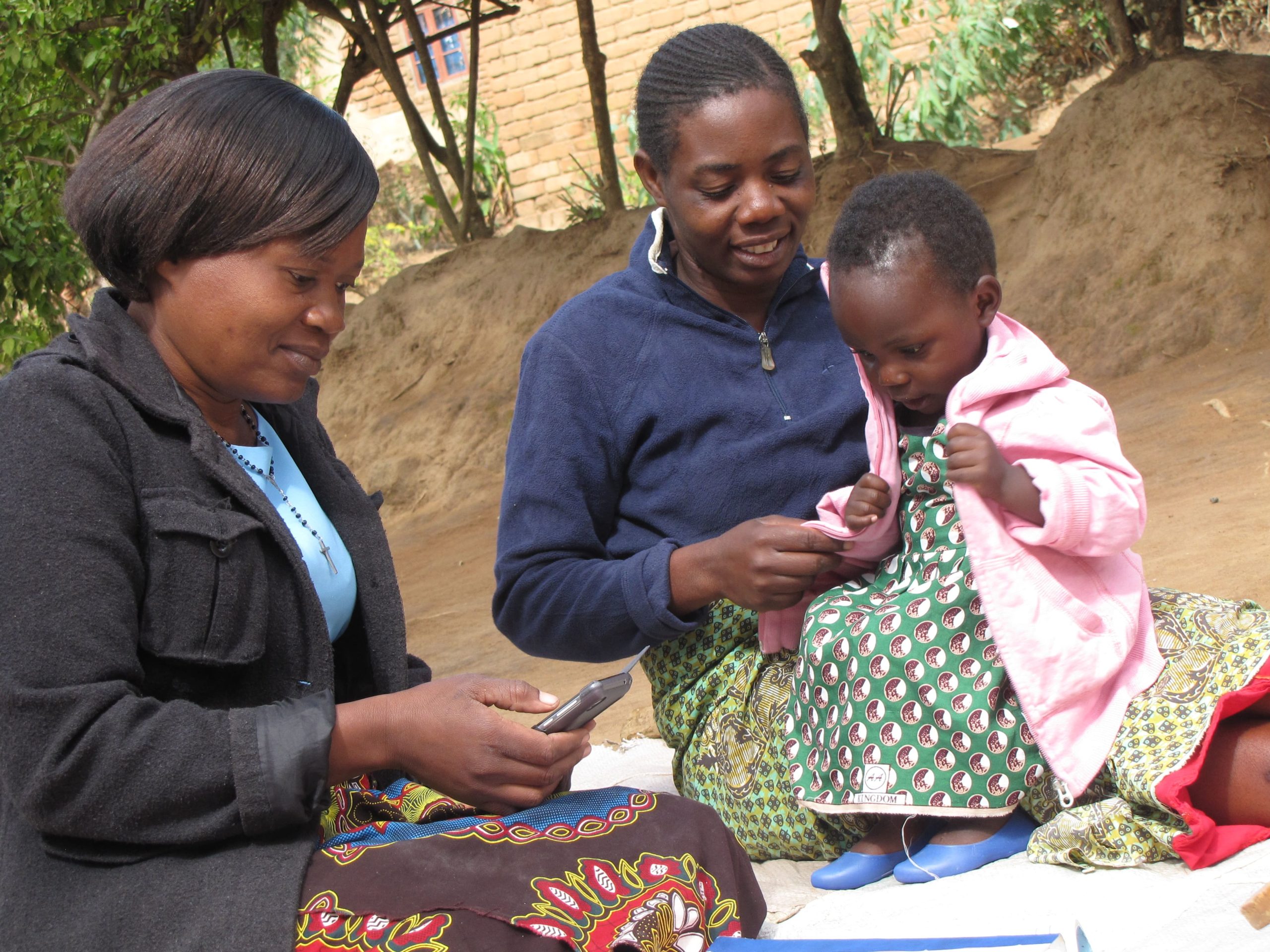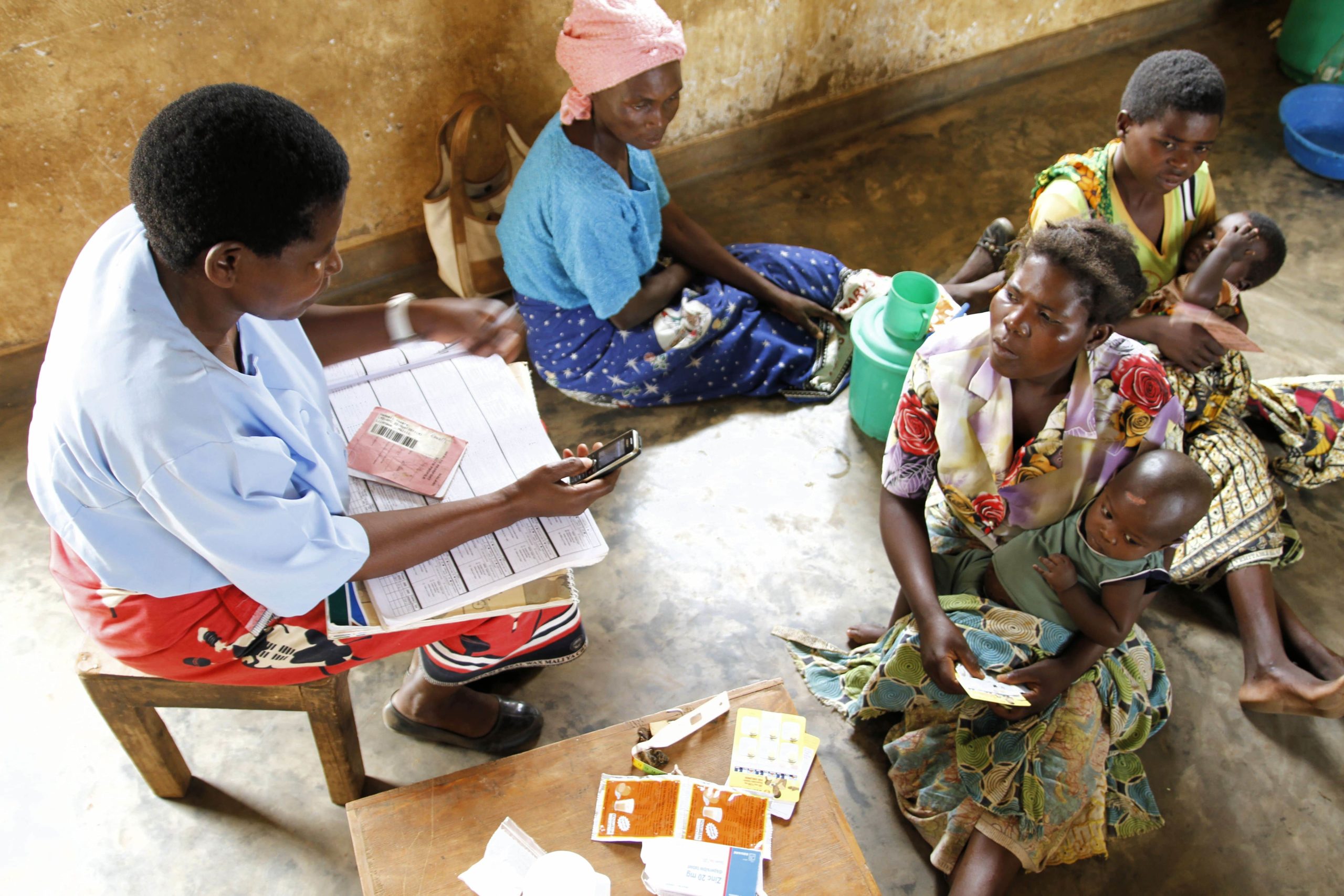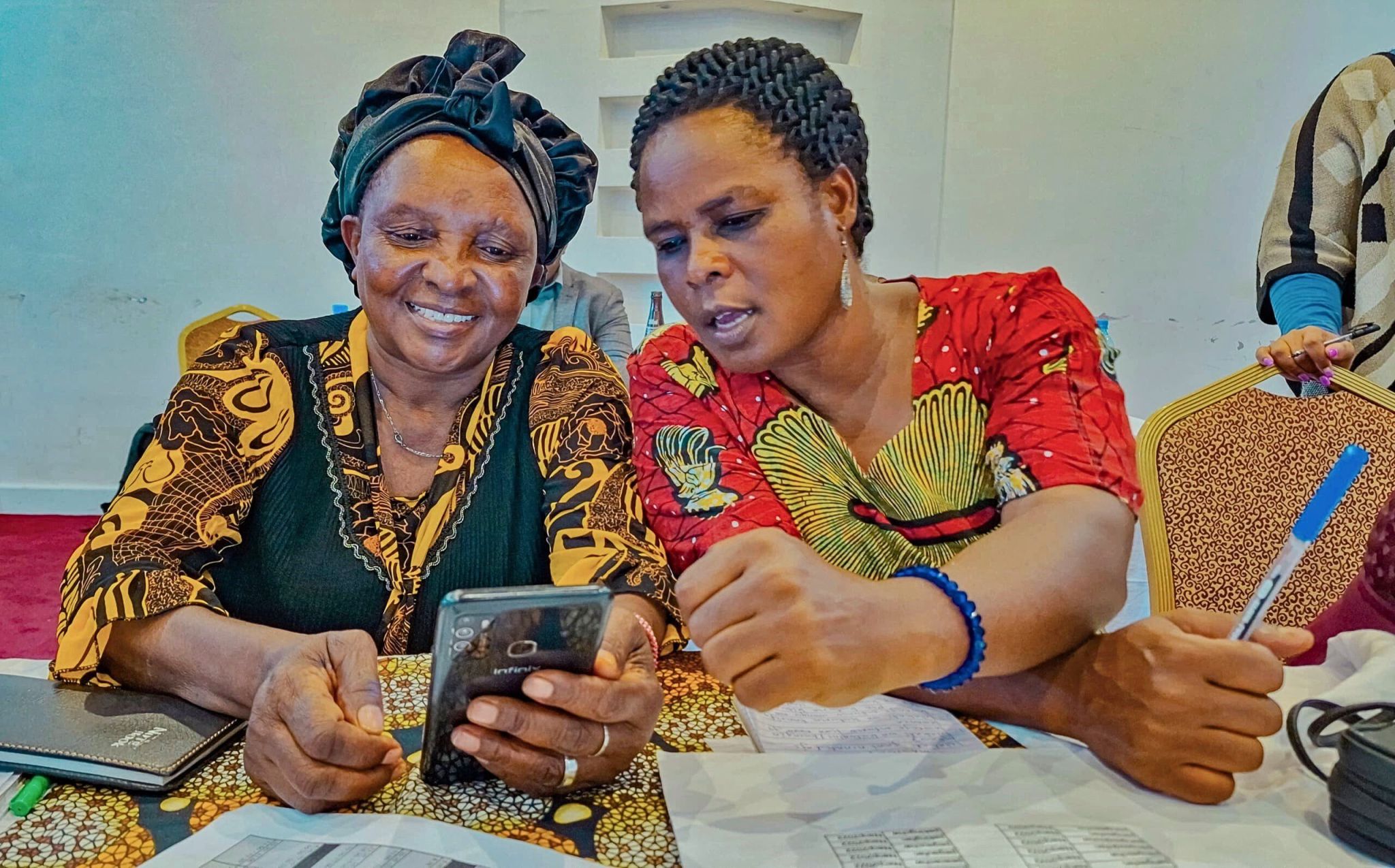We strengthen and empower national health workforces by creating digital tools and data-driven performance management systems to create health systems that can deliver quality care to all.
Health systems can only function with well trained, empowered and compensated health workers. By 2030, we are expecting to see a shortage of 18 million health workers and with low- and-middle- income countries being the most affected, forcing many health systems to increasingly delegate tasks from the specialized workforce to health workers with less training, (also known as task-shifting), to satisfy demand and attempt to provide professional, quality care to their citizens. At D-tree, we believe that digital tools have immense potential to improve standardization and quality of care delivered by health workers – from supporting task shifting and quality care, to supervision and communication.
We work with governments to professionalize their health workforce with digital tools that guide service delivery and leverage data from health visits to improve programmatic decision-making. We also support governments and partners to train and equip health workers, improve supervision and provide ongoing support to improve patients’ experience of care.


USAID/Malawi Client Oriented Response for HIV Epidemic Control (CORE)
In Malawi, we are proud to be involved with the USAID Client-Oriented Response for HIV Epidemic Control (CORE) activity, which is a 5-year program led by Baylor College of Medicine Children’s Foundation Malawi.
The program engages with nearly 800 Community Health Workers to augment the national health system. Their work is focused on ensuring that people living with HIV are aware of their status, get access to life-saving treatment and achieve viral suppression. As the program has grown, Community Health Workers face a challenge to manually manage a multitude of paper-based registries and tools. Supportive supervision is also limited due to lack of data and limited insight into their activities.
D-tree is supporting Baylor College of Medicine Children’s Foundation Malawi to develop a comprehensive digital health tool that will help to guide Community Health Workers in service delivery, supportive supervision and planning – ultimately leading to improved quality of care. Human-centered design is at the heart of our solution and through this, we will be able to build tools that will streamline processes and create efficiencies, allowing the Community Health Workers to provide higher quality care in less time.




